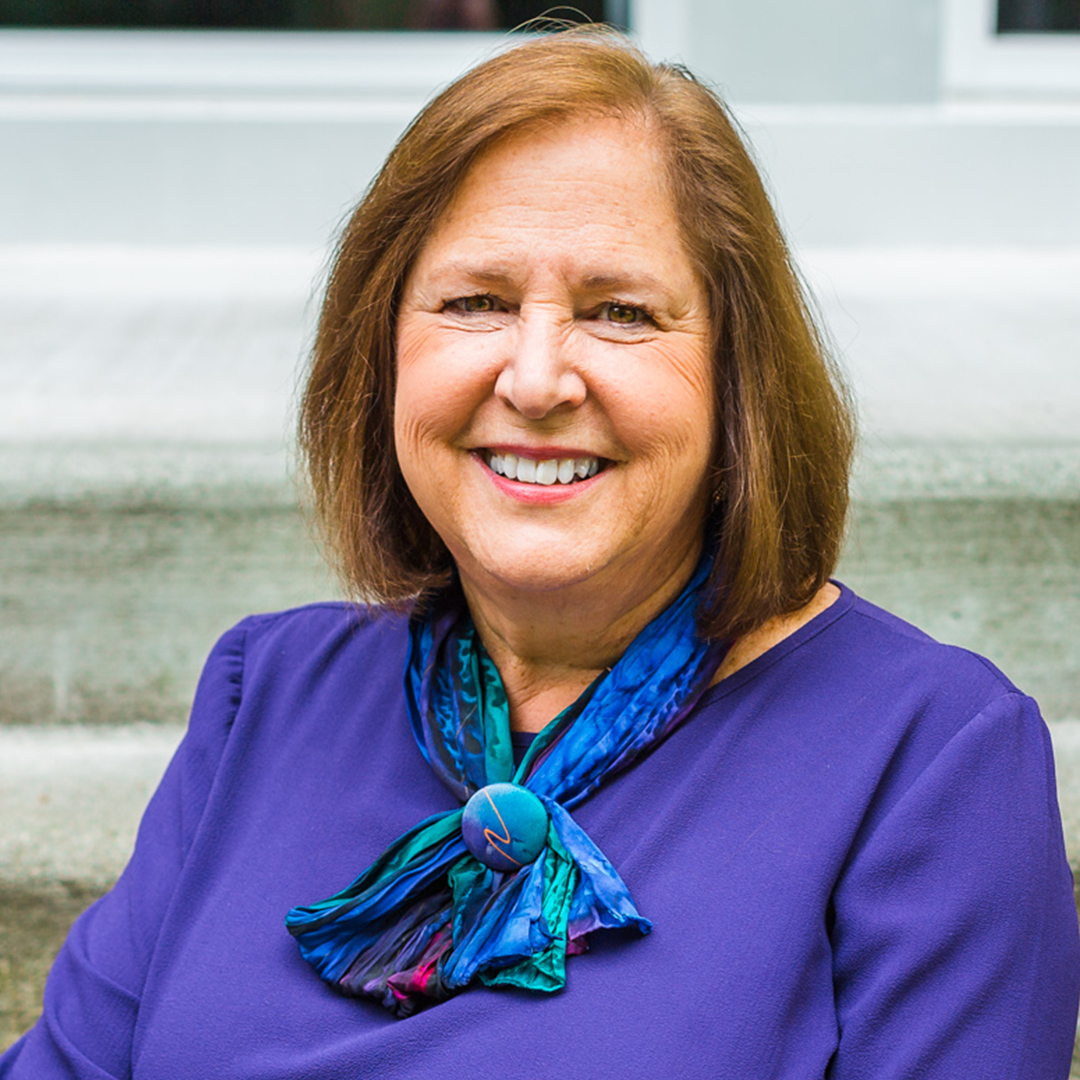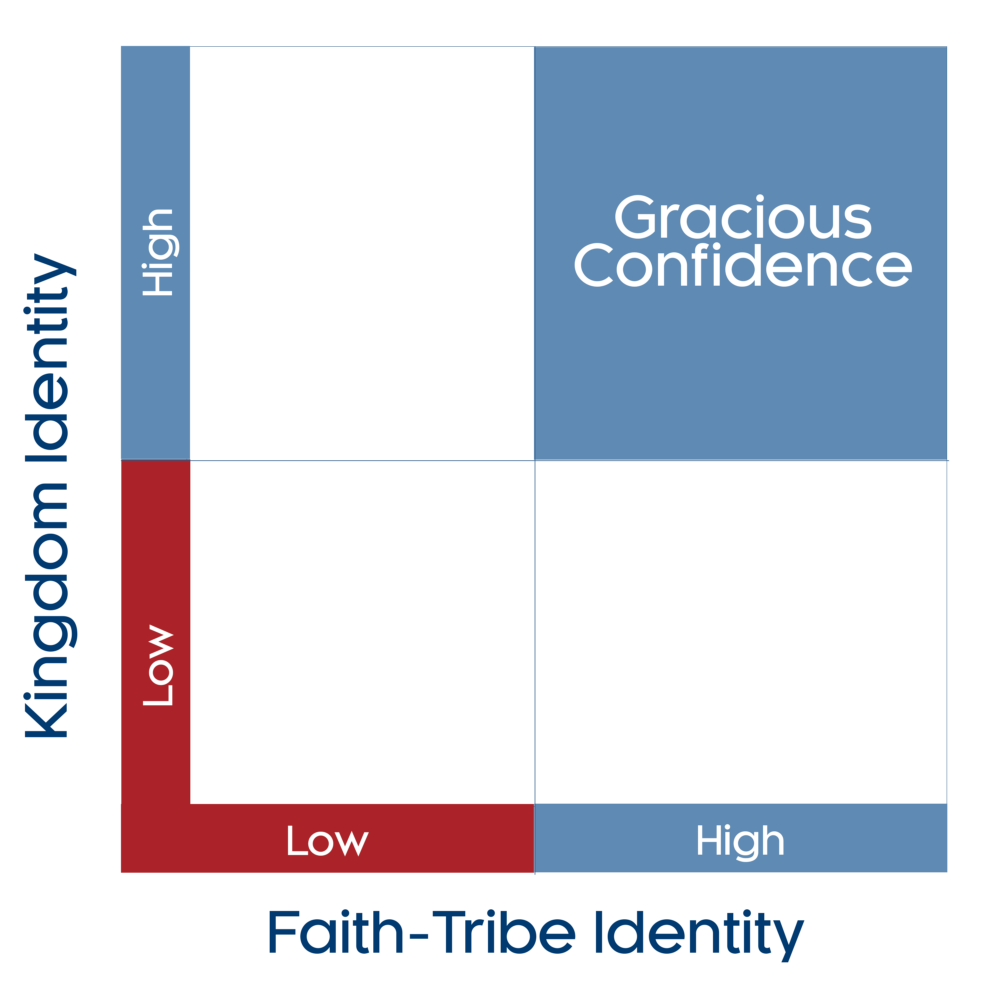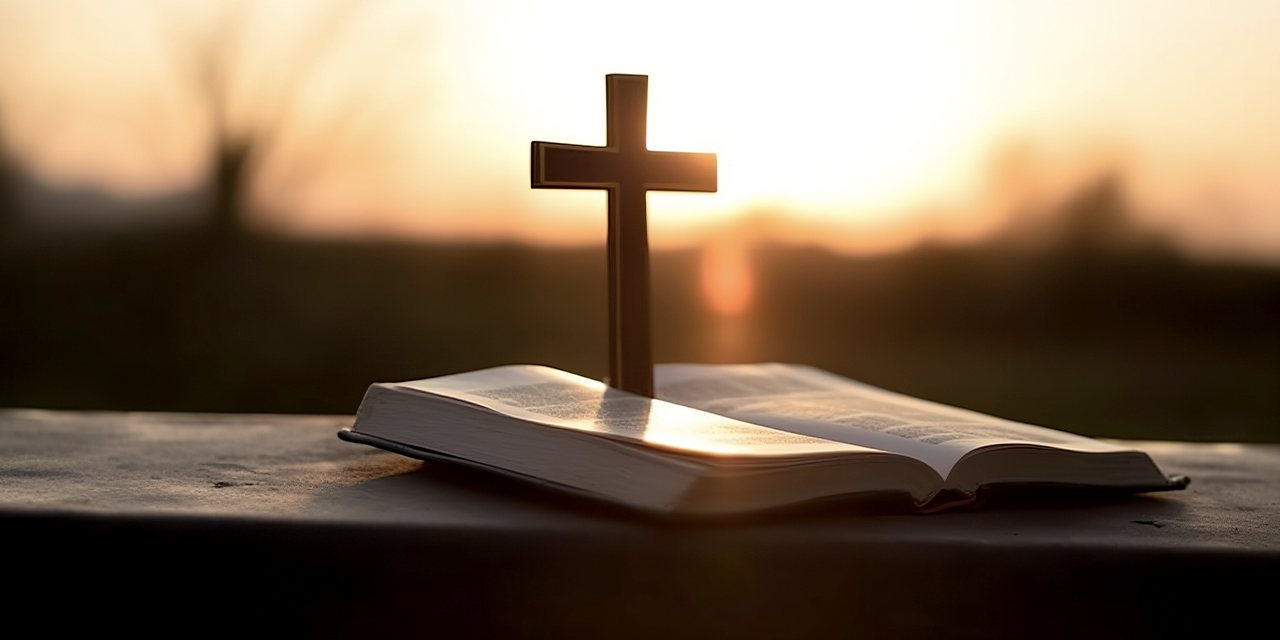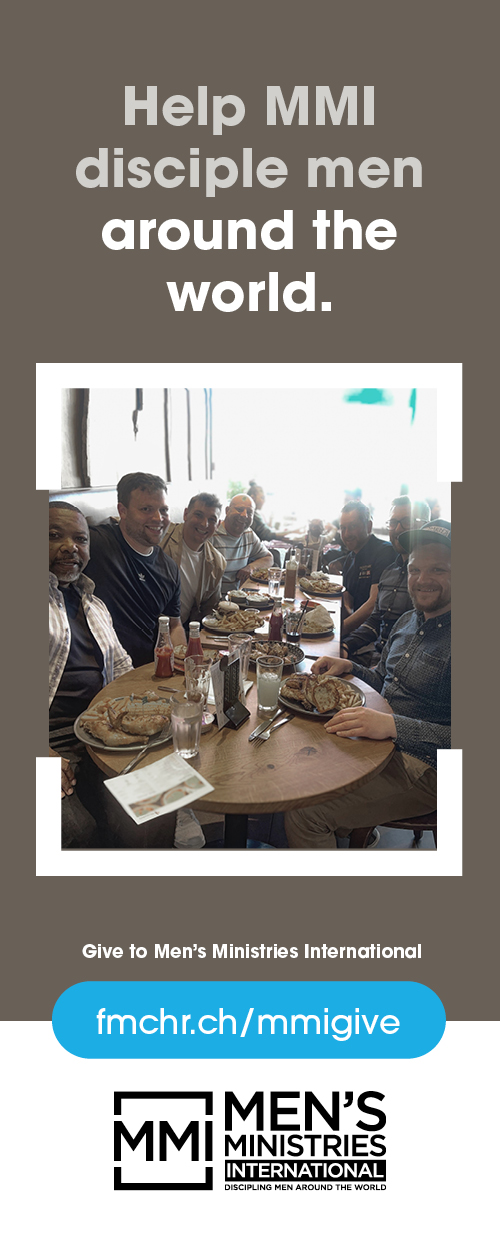
Bishop Linda Adams
Bishop Linda Adams, D.Min., was elected to the Board of Bishops at General Conference 2019 after serving 11 years as the director of ICCM. She previously served as a pastor in New York, Illinois and Michigan. As a bishop, she oversees Free Methodist ministries in the North and North Central portions of the United States and also in Latin America.
By Bishop Linda Adams
This year’s round of annual conferences was exciting, as we saw how The Free Methodist Way is shaping our culture across the U.S. It’s fascinating to see how it has become contextualized into “FM Way 2.0” or “3D FM Way” as new dimensions have been discovered and articulated. To enrich the dialogue, the Board of Bishops would like to remind the church where this culture-shaping concept originated.
It all began with two questions:
- “Why did God bring the Free Methodist Church into existence in 1860?” This question explores our founding charism and reminds us of God’s role from the beginning.
- “If God intends for there to be a Free Methodist kind of disciple in the 21st century, what would uniquely characterize that kind of Christian?” This question presses us to discover how we live out our founding charism in our own generation, in the power of the Holy Spirit.

As background, the diagram above informed our thinking and praying. The lower left quadrant represents an independent-minded church. It doesn’t care about either its own denominational theological location or how it interacts with the rest of the body of Christ. Both its faith-tribe identity and its kingdom identity are low.
To the right of that square is a group whose denominational identity is high; they pride themselves on their history and legacy above all other groups. The broader church is not on their radar, however, so their kingdom identity is low. All that matters is sustaining and growing their own “brand.”
The upper left box represents those who highly value being part of Jesus’ kingdom activity on earth, to the exclusion of valuing their own group’s deep identity. Even though they may technically be a member of a denominational family, all that really matters is belonging to the whole body of Christ without distinctives. All boundaries related to denominational identity are blurred or nonexistent. The cost of belonging to their own faith-tribe feels like a nuisance and even a hindrance to kingdom expansion.
Unapologetically Free Methodist
The upper right quadrant is our aim. “Gracious Confidence” describes the posture of a group that highly values the entire kingdom enterprise and, at the same time, leans into its own role in the whole. With humility, we recognize our small place in God’s massive global movement and are filled with gratitude for everyone else’s contribution. We value partnerships and collaborate broadly with others who share common cause in Christ. At the same time, with confidence born of grace, we want to live faithfully into our own calling in the 21st century, guided by the Holy Spirit. We are unapologetically Free Methodist, and it matters that we know what that means and can demonstrate our own distinctives.
_
“We can hardly wait to see how the five focus groups at General Conference will level it up by looking at each value through the lens of the others.”
_
Our best expression of this identity is The Free Methodist Way as a whole. We can hardly wait to see how the five focus groups at General Conference will level it up by looking at each value through the lens of the others. Here is an example of this kind of exercise.
Our founder B.T. Roberts, following John Wesley before him, aimed “to spread scriptural holiness across the land and to preach the gospel to the poor.” Look at all five values in those twin goals: Life-Giving Holiness, for sure, but holiness informed and guided by God-Given Revelation and Love-Driven Justice. And this personal and social holiness was not static but propelled movement — Christ-Compelled Multiplication! Much of the geographical advance involved Cross-Cultural Collaboration as a variety of people groups were transformed by the Holy Spirit and joined the Free Methodists, domestically and globally. All five values were in the DNA of our founders! We will be at our best when all five find their expression in every one of our members and churches. Then we will truly be walking The Free Methodist Way.
God’s New Thing
See, I am doing a new thing. Now it springs up; do you not perceive it? (Isaiah 43:19)
Acknowledging our forebearers’ role in our heritage can lead to a terrible error. We can focus too much on the past and miss the “new thing” God wants to do in our day. As Isaiah wrote thousands of years ago, we may not perceive God’s present activity. Like the Pharisees of Jesus’ day, we could idolize the past and honor tradition to the point of getting locked into traditionalism. Just as they did, we would miss God’s new thing!
_
“The COVID pandemic and long-developing cultural chaos have erupted in our society and shaken the church.”
_
Without question, the 21st century is radically different from the days of the Wesleyan revival in England or the birth of the Free Methodist Church in the turbulent lead-up to the U.S. Civil War. In 2023, we live in our own age of crisis. The COVID pandemic and long-developing cultural chaos have erupted in our society and shaken the church. In their excellent new book “Metanoia,” Alan Hirsch and Rob Kelly describe our current challenge as a spiritual crisis (a pandemic of fear and anxiety, hatred and violence), a missiological crisis (the church’s credibility and witness before a watching world has been compromised), a theological crisis (we must take a serious look at our understanding of God and His purposes in the world), an ecclesiological crisis (a fragile, unfaithful, and ineffective understanding of the church has been exposed), and a Christological crisis (the church lacks clarity on the nature of Jesus and the centrality of His character and purpose in every dimension of our affairs (p. 43).
Hirsch and Kelly also point to our current moment as “apocalyptic,” in the biblical sense of unveiling or revealing something previously unknown or hidden (p. 39). We see “kairos moments” in our present reality — moments of saturated time, opportune moments when God calls people to account, and ultimately to repentance … to metanoia. “Metanoia therefore involves paradigm shift, the recognition and rejection of various false frameworks for understanding the world itself and waking up to a whole new world in which Christ is Lord and King” (p. 40).
_
“If we rely only on our human wisdom and discernment, or just try to replicate the trailblazing efforts of our forebearers in our own strength, we will flail and fail.”
_
Stop and consider this: God has given us — you and me — the amazing privilege and responsibility of stewarding this particular moment in human history. We might agree with those who label our current world “VUCA” — characterized by Volatility, Uncertainty, Complexity, and Ambiguity (see the Wikipedia article on VUCA). If we rely only on our human wisdom and discernment, or just try to replicate the trailblazing efforts of our forebearers in our own strength, we will flail and fail.
In this moment, we are called to recognize our radical dependence on God, including a genuine openness to His correction and redirection. We must repent of all that hinders and blinds us to the new thing God wants to do in and through us. As bishops, we see God’s ignition of a “Spirit-fueled movement” as our only hope for times like these. Business as usual will not do.
“If God intends for there to be a Free Methodist kind of disciple in the 21st century, what would uniquely characterize that kind of Christian?”
Our answer is that we would live out a full-orbed embodiment of The Free Methodist Way as a beautiful and transforming expression of the Spirit-filled life in community. John Wesley and B.T. and Ellen Roberts and other heroes of the faith can help us as examples of this kind of courage as they faced their own VUCA times. More than anything else, they point us all the way back to Jesus and the New Testament Church. Wesley and Roberts named the idolatries of the churches of their day and radically called their followers back to the root (radix) of our faith, as devoted disciples of Jesus, who alone is The Way.
As we drive along the highway of life, in moment-by-moment submission to the Holy Spirit, let us look through the windshield to focus on the road ahead and scan the horizon, survey our surroundings as we go to discern the times, and glance into the rearview mirror of our history often enough to keep our bearings. We will be living The Free Methodist Way.
+

Bishop Linda Adams
Bishop Linda Adams, D.Min., was elected to the Board of Bishops at General Conference 2019 after serving 11 years as the director of ICCM. She previously served as a pastor in New York, Illinois and Michigan. As a bishop, she oversees Free Methodist ministries in the North and North Central portions of the United States and also in Latin America.









